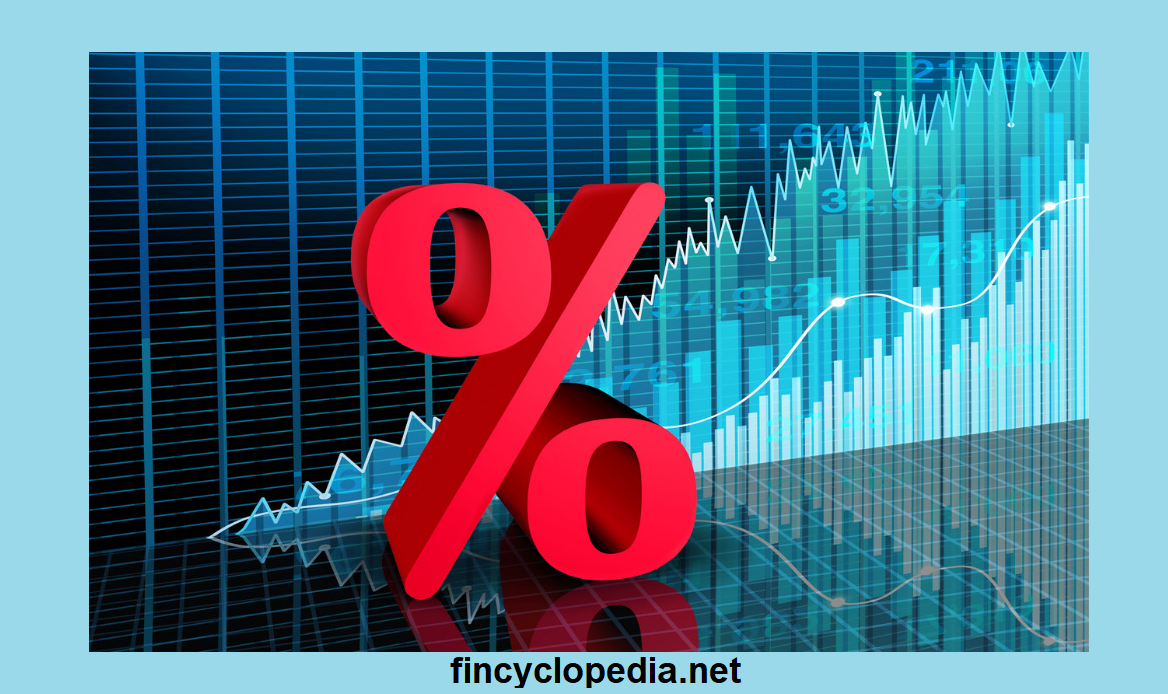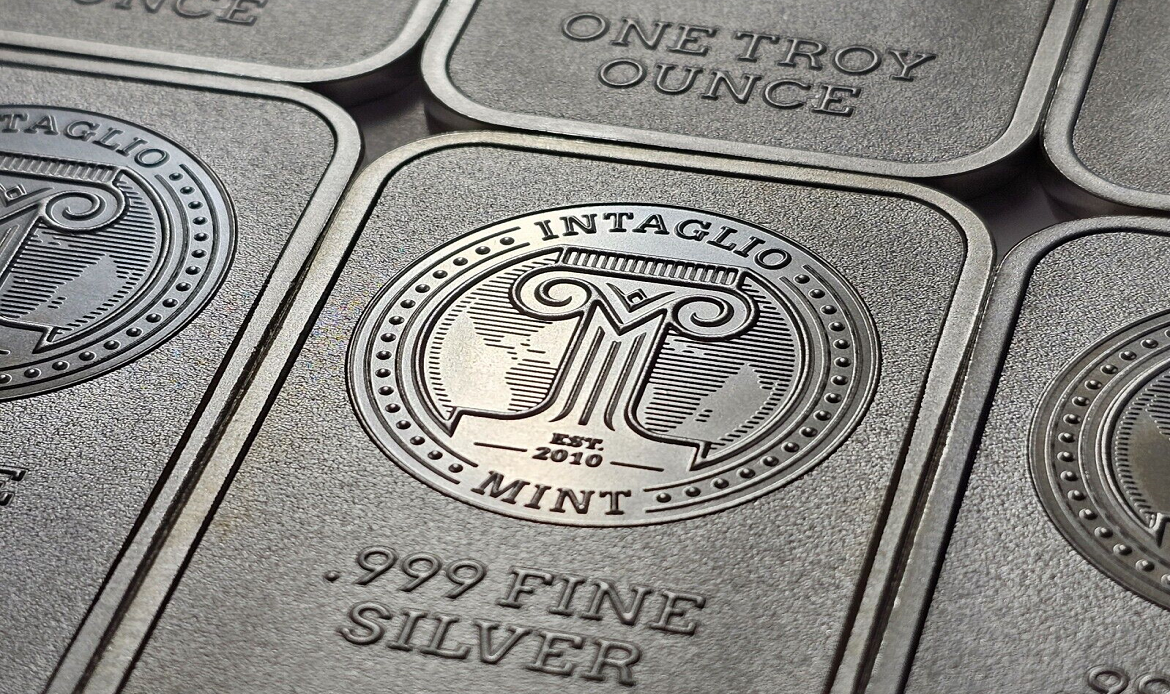One of the most widely used derivatives, which represents an agreement between two parties to exchange cash flows of two different investment positions at specified future times according to certain agreed-upon terms or rules. For example, an interest rate swap is an agreement to receive 6-month LIBOR rate and pay a fixed rate of 6% per year every six months for a period of 4 years on a notional principal of $200 million. The first swap contracts were traded in the early 1980s.
It is worth noting that a forward contract can be considered a simple example of a swap. A forward contract is, in effect, an exchange of cash flows on just one future date. A swap, in contrast, is typically cash flow exchanges on several future dates. Likewise, a swap can be viewed as an exchange of two bonds: a fixed-rate bond and a perfect floater. The swap’s price will equal the premium (discount) on the fixed-rate bond, while the floater’s cost is the par value.





